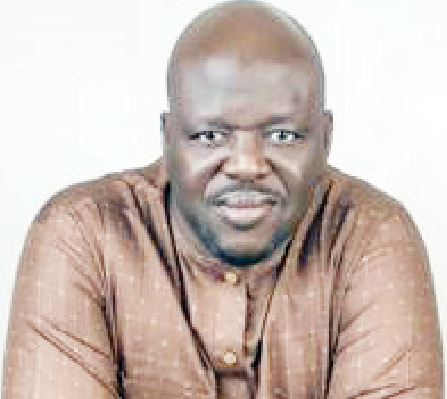Films play a huge role in the understanding and support of persons with disability.
In commemoration of the annual Disability Pride Month in America, a result of the passing of the Americans with Disabilities Act on July 22, 1990, a comparative analysis of two films ‘The Colour of Paradise’ (1999), an Iranian film directed Majid Majidi, and ‘The Silent Child’ (2017), a British short film by Rachael Shenton, calls us to reflect on how far we’d come as a global society in the care and inclusion of persons with disabilities.
In ‘The Colour Paradise’, we follow Mohammad, a blind boy played by Mohsen Ramezani. The film opens with Mohammad as the only student left at school, waiting for his father to pick him up. His father, Hashem, who is widowed doesn’t come early because he is ashamed of his blind son. Throughout the film, Hashem tries to send Mohammad away so that he can remarry without problems. Although his father doesn’t show him love, Mohammad still finds happiness in nature and shares happy moments with his sisters and grandmother, who truly care for him.
In ‘The Silent Child’, which won an Oscar, the audience meets Libby, a deaf girl played by Maisie Sly. She lives with a busy family that has no idea how to connect with her. Things begin to improve when Joanne, a kind social worker played by Rachael Shenton, is brought to help. She teaches Libby sign language and for the first time, Libby starts to express herself. Sadly, just as she starts to grow, her mother decides that learning sign language isn’t necessary. Joanne is fired, and Libby is sent to school without the support she needs. She falls back into silence again.
Parts of the fascinating aspects of both films are that both protagonists are truly living with disabilities, Mohsen Ramezani is blind, and Maisie Sly is deaf, which makes it easy for viewers to understand what they are going through.
There are brief moments in both films where through sound the audience gets to feel and experience the world as both Mohammad and Libby does – through ‘deafening silence’ that accompanies the latter at all times, and sound of chirping birds and rustling leaves as heard by Mohammad.
At the end of ‘The Silent Child’, a message appears saying that over ‘78 percent of deaf children attend mainstream schools with no specialist support in place’. That fact makes the story even more heartbreaking.
When we think about ‘The Colour Paradise’, made 18 years earlier, which tells the story of a child with disability struggling to be accepted at home, and in society, we start to ask: has anything really changed?
Both films indicate that the biggest problem is not the disabilities, rather how people around them treat them. Many children and adults with disabilities are still discriminated against and are without support at home and in society. Thus, we begin to ask, “has anything really changed?”
This is why the July 26, matters. It is a time to remember that people with disabilities deserve respect, love and the chance to live fully and freely. It is also why films like ‘The Silent Child’ and ‘The Colour of Paradise’, which tell honest stories of persons with disabilities, are important.
Film Critic, Roger Ebert once said that ‘movies are like machines that generate empathy.” These two films embody that statement. They don’t ask us to feel sorry for Libby or Mohammad. They ask us to understand them, support them, and make the world a better place for children and people with disabilities.
We’ve got the edge. Get real-time reports, breaking scoops, and exclusive angles delivered straight to your phone. Don’t settle for stale news. Join LEADERSHIP NEWS on WhatsApp for 24/7 updates →















